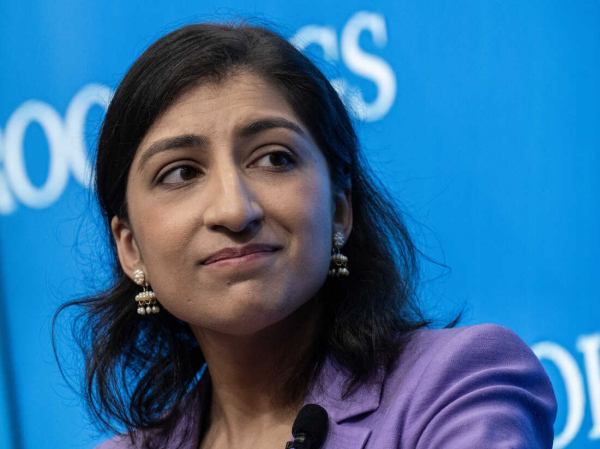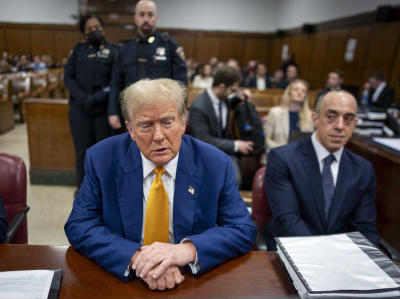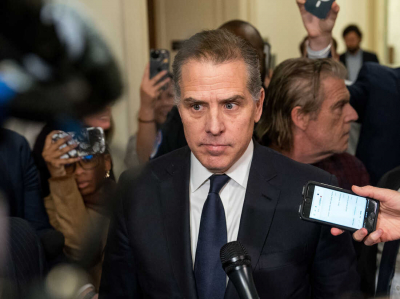
Landmark Decision: U.S. Enacts Nationwide Ban on Noncompete Agreements Across Diverse Job Sectors
The ramifications of this decision extend far beyond its immediate scope," warned Suzanne P. Clark, president and CEO of the U.S. Chamber, in a strongly worded statement. "By wielding excessive regulatory power, the government risks stifling innovation, hindering economic growth, and undermining the fundamental principles of free enterprise.
Clark emphasized the broader implications of the Federal Trade Commission's ban on noncompete agreements, cautioning against what she perceived as a dangerous precedent of government intrusion into business affairs. She argued that such micromanagement not only undermines employer autonomy but also threatens the livelihoods of workers and the vitality of the economy as a whole.
Furthermore, Clark contended that the ban disregards the nuanced role that noncompetes play in fostering a competitive marketplace, protecting intellectual property, and incentivizing employer investment in talent development. She emphasized the Chamber's commitment to defending the rights of businesses and employees alike, advocating for policies that balance regulatory oversight with the principles of entrepreneurship and innovation.
In the face of mounting legal challenges and ongoing debates surrounding the ban, Clark reaffirmed the Chamber's steadfast opposition, vowing to uphold the interests of the business community and safeguard the foundations of economic prosperity.
In conclusion, the Federal Trade Commission's decision to ban noncompete agreements has ignited a contentious debate over the proper role of government regulation in shaping labor practices and fostering economic growth. While proponents argue that the ban will empower workers and promote fair competition, critics, such as Suzanne P. Clark of the U.S. Chamber, warn of unintended consequences that could stifle innovation and hamper the functioning of free markets.
As legal challenges loom and the implications of the ban unfold, it remains to be seen how policymakers will navigate the delicate balance between protecting worker rights and preserving business interests. Ultimately, the resolution of this debate will have far-reaching implications for the future of employment practices in the United States and the broader landscape of economic policy.





